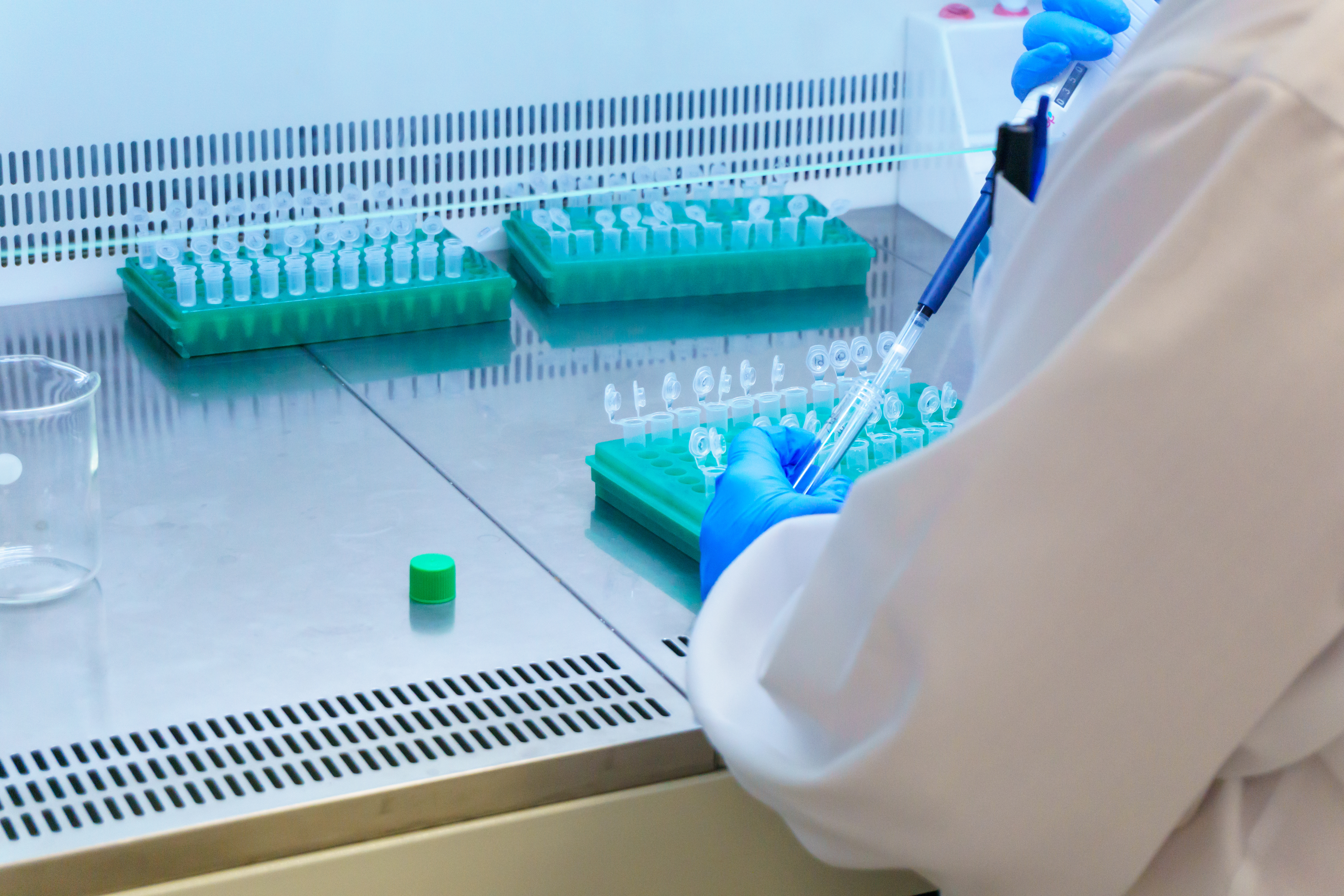A first infection is “Solid protection” against reinfection
The English researchers analyzed the rates of SARS-CoV-2 infection between October 2020 and February 2021 in 682 residents with an average age of 86 years and 1,429 EHPAD staff, by comparing the rates of participants who were diagnosed with infection. earlier up to 10 months earlier, by antibody test vs. participants who had never developed COVID-19. PCR tests were performed regularly, starting approximately 90 days after initial infection, and once a week for staff and once a month for residents. The analysis finds that:
- about a third of the participants tested positive for antibodies;
- participants with a history of infection have an 85% reduced risk of re-infection during this 4-month study period vs. participants who have never been infected;
- Roughly the same results are obtained in health workers, with a 60% reduction in the risk of reinfection;
- 2 non-comparable rates even though the staff were able to access tests outside the EHPAD, which suggests previously positive tests not taken into account in the study. In addition, surviving residents constitute a particularly robust, unrepresentative group;
- Specifically, the number of residents and health personnel reinfected between October and February is very low: of the 634 residents previously infected, only 4 were reinfected. In contrast, among the 1,477 participants who had never been infected, positive PCR tests were recorded in 93 residents and 111 staff members.
However, despite this difference in the risk rate of reinfection between residents and health workers, the study clearly shows that a first infection provides “strong protection” against reinfection. The main author, Dr Maria Krutikov of UCL, comments on these results: “It is very good news that natural infection thus protects against reinfection during such a period.”
In particular, the high level of protection for residents in the event of a first infection is very reassuring.
One would have thought, in fact, that these older people present less robust immune responses due to advanced age.
- Finally, these data turn out to be in contradiction with the conclusions of previous studies, carried out in the general population, or in the youngest, which estimated the natural immunity more marginal.
“It was a unique opportunity to examine the protective effect of natural infection in this cohort before the deployment of the vaccination”, conclude the researchers, “We will now look at the duration of immunity after natural infection and vaccination”.
–


